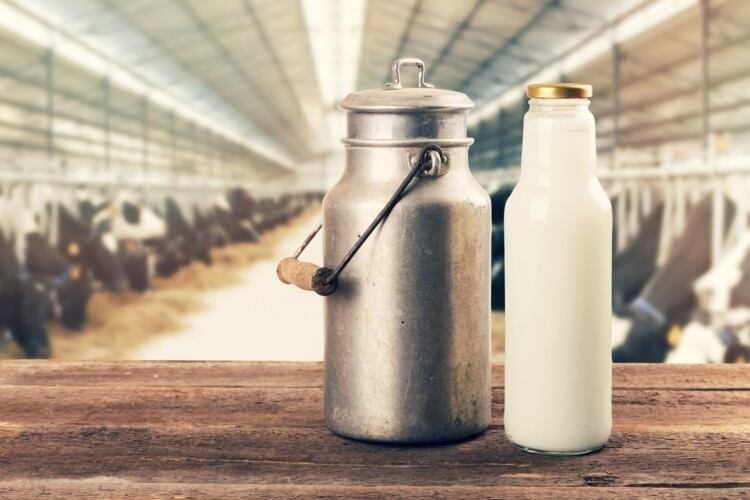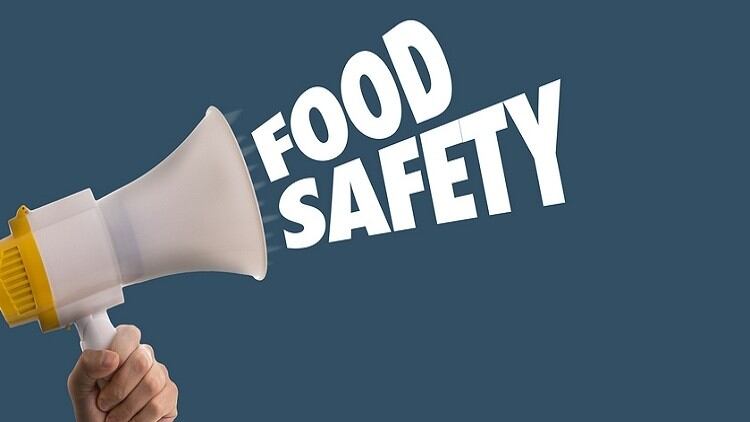According to the official FSSAI statement on the report, a mere 12 of 6,432 total milk samples (both raw and processed) were ‘adulterated that render such milk unsafe for human consumption’ based on samples containing hydrogen peroxide, detergents, urea and neutralisers.
“The outcome of the survey is a myth buster. The survey results indicate clearly that milk being sold in India is largely safe for consumption,” said FSSAI.
“While there is concern, [these results] dispel wide-spread perception that liquid milk in the country is largely adulterated - Let the fears associated with consumption of milk vanish.”
However, these statements do not fully tally with other data released in the full National Milk Safety and Quality Survey 2018 report where it was further stated that of the 6,432 samples analysed, 2,607 were of processed milk and 3,825 of raw milk.
Significantly, of all the processed milk samples, a total of 271 or 10.4% were revealed to still have safety issues, as did 185 or 7.1% of all raw milk samples – a total of 456 overall, far beyond the 12 mentioned by FSSAI.
These involved other contaminants such as aflatoxin and pesticides, which were likely not included in the ‘unsafe’ samples as they enter the milk through cattle feed and fodder and are not considered direct adulteration.
Centre for Science and Environment (CSE) Director of Food Safety and Toxins programme Amit Khurana described the message being delivered by FSSAI as ‘confusing’.
“The report suggests otherwise [to what FSSAI is declaring]. Sadly, milk does not appear to be as safe as it is being communicated,” he told DowntoEarth.
He also highlighted antibiotics in milk as a major issue needing more attention, especially as according to the report these were found in 77 samples across multiple states and Union Territories in India, so it appears to have a pretty far reach.
“Antibiotic residues in milk from across the country are a big concern – [this] misuse in the dairy sector [could have severe effects on] antibiotic resistance.”
The report mentioned that tests had been conducted for ‘residues of 93 antibiotics and veterinary drugs’, but information on the full list of antibiotics tested for was not available.
Quality concerns
In addition to safety concerns, milk quality was also found to remain a major issue in the country, with over 48% (2781 samples) of all processed and raw milk samples overall found to be non-compliant to FSSAI standards.
Of these, 982 were processed milk samples (37.7% of all processed milk) and 1799 were raw milk samples (47.0% of all raw milk samples).
Non-compliance here referred to samples that failed in terms of FSSAI’s quality parameters such as for fat content, Solids Not Fat (SNF) content, sugar levels and maltodextrin levels.
FSSAI postulated that these results in raw milk could be due to poor farming practices or the dilution of milk with water, but described the non-compliance of fat and SNF levels as well as the presence of sugar and maltodextrin in processed milk as ‘surprising’.
“While these [non-compliances] do not represent threats to human health, stringent action is required to curb this wrong practice,” said the agency.
As for initiatives to advance milk safety in the country, FSSAI added that: “Combatting adulteration requires more vigilant citizens and enforcement machinery, [whereas] contamination in milk requires systemic improvements through the supply chain [which is already] being done”.





